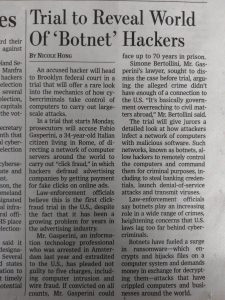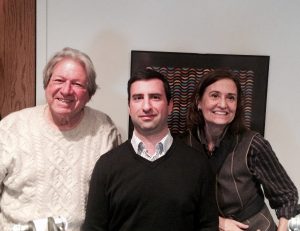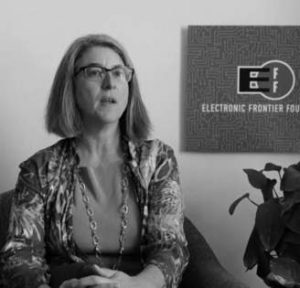Podcast: Play in new window | Download
Attorney Prevails Against CFAA Charges In Click Fraud Trial
In a trial that was closely watched by cybersecurity experts, Italian citizen Fabio Gasperini was charged for allegedly violating the Computer Fraud and Abuse Act, or CFAA. Computer experts claimed it was the first so-called “click fraud” trial and would test the U.S. government’s ability to link individuals to complex cybercrimes.
As covered before on Law and Disorder, the CFAA is an antiquated law passed in 1986 before personal computers and smart devices were omnipresent in all aspects of our lives. It affords law enforcement extremely wide latitude to prosecute virtually any computer-related activity, including violations of Terms of Service agreements. Each offense can bring up to 20 years in prison, and when multiple counts are charged individuals can face decades behind bars.
In 2017 Simone Bertollini became the first known attorney to prevail against CFAA charges. His 34-year-old client, Mr. Gasperini, was found not guilty on several felony counts of wire fraud, computer intrusion and money laundering for which he faced 70 years in prison; he was convicted on only one count of computer intrusion, a misdemeanor, which is current being appealed. Mr. Bertollini disputed prosecutors’ version of events and noted that none of the expert witnesses had ever seen the botnet that Gasperini allegedly used. He also questioned how he could be charged with conspiracy when no conspirators were named or charged. Cross Examination Transcript
Guest – Attorney Simone Bertollini – After graduating from law school in Rome, Italy, Simone moved to the United States where he graduated with a Juris Doctor degree, becoming one of the very few Italian lawyers in New York with full academic qualifications in both Italy and the United States. Simone first came to the United States with an F-1 student Visa to attend law school. After, he started his own legal practice, and obtained E-2 Treaty Investor Visa status. Later, Simone became a Lawful Permanent Resident, and now he is a proud American citizen. In the course of his career, Simone handled hundreds of immigration cases, including removal proceedings and federal appellate matters. Simone has also substantial criminal jury trial experience.
—-
Electronic Frontier Foundation on NSA Spying Extension
A few weeks ago the U.S. Congress voted to pass a bill extending, for another six years, the NSA’s practice of Internet surveillance. Cindy Cohn, executive director of the Electronic Frontier Foundation, called this “a significant blow against the basic human right to read, write, learn, and associate free of government’s prying eyes.” The vote happened without public debate on a matter of great public concern.
The legislation in question allowing warrantless surveillance is Section 702 of the FISA Amendments Act. The Act is intended to target foreigners abroad. In practice it puts a great deal of our internet activities to government scrutiny, as they pass through key internet checkpoints, and as they are stored by providers like Google and Facebook. The NSA is thus able to gather and store private communications of countless non-suspect Americans.
Guest – Cindy Cohn, Executive Director of the Electronic Frontier Foundation. From 2000-2015 she served as EFF’s Legal Director as well as its General Counsel. Ms. Cohn first became involved with EFF in 1993, when EFF asked her to serve as the outside lead attorney in Bernstein v. Dept. of Justice, the successful First Amendment challenge to the U.S. export restrictions on cryptography.
——————————-



